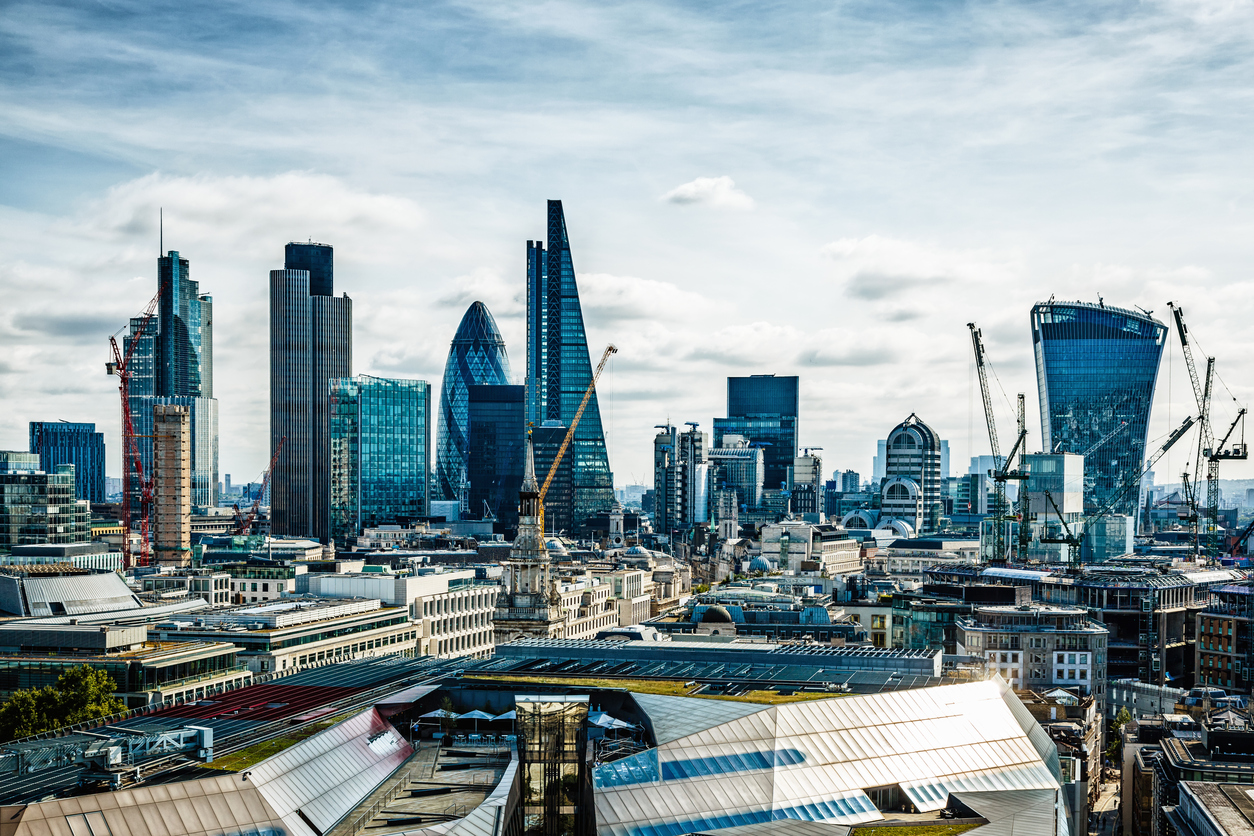Silicon Roundabout, a term coined in 2008 to refer to the small cluster of tech and design companies around Shoreditch’s Old Street Station. It was once thought to be the UK’s answer to California’s Silicon Valley, but today the future of the startup hub is at a crossroads.
In 2010, there were 85 tech startups in the area. By 2015, the number of tech firms in the area reached 5,000. More recently, however, the proportion of tech startups setting up shop close to London’s Silicon Roundabout has fallen by more than 70% in the last year, according to the latest data published by accountants UHY Hacker Young.
Business rates, Brexit and extortionate rents are forcing many startups out of the area, whilst low internet connectivity in the area has made some tech firms look elsewhere. This begs the question, is the Silicon Roundabout still as popular with startups as it once was? And if not, what does the future hold for the UK’s tech startups and the area in general?
How the Silicon Roundabout became unfriendly to startups
Long before the area earned the moniker Silicon Roundabout, startups flooded into the area due to the comparatively low rents in this once-unloved border of London’s Square Mile. Unsurprisingly, the rents in the area have shot up, and the number of startups starting up in the silicon roundabout continue to decline.
But as rents have been increasing for a number of years, rising business rates from April may just be the straw that breaks the camel’s back. The 2017 business rates revaluation saw some business in the areas rates rise astronomically. Hackney Councillor Guy Nicholson said of the rates revaluation: “It is quite extraordinary that a Conservative Government, having promoted the growth of Tech City, is now setting about dismantling it.”
Experts in business rates have argued that the rate revaluation constituted “the largest, most redistributive changes to the business rates system in decades, and have been a major cause for concern for companies across the UK.”
And the problem is not confined to the immediate area surrounding Old Street Station: London may not be as attractive to startups in a future where the UK is no longer a member of the EU and startups no longer have access to the European market. A survey of over 940 startups companies conducted by Silicon Valley Bank found that 16% of startups are thinking of relocating outside of the UK as a direct result of Brexit.
Berlin could be an alternative to the Silicon Roundabout for startups
Those startups looking to leave the country, not just Shoreditch, may well think of heading to somewhere on the European mainland. Many cities have been courting London businesses, however, Berlin seems to be the destination of choice for a number of startups.
The German capital didn’t wait long to go about attracting startups. A German political party sent an ad van through the capital after Brexit in 2016, adorned with the tagline ‘Dear startups, keep calm and move to Berlin’.
Berlin is home to over 2,500 startups, who collectively raised €2.4 billion in venture capital funding in 2015, more than London’s small businesses managed.
Rents have risen in Berlin too, but are far lower than those in London, and the proficiency of English in the city has made it attractive for startups that may not speak German. Of course, most startups won’t be deterred enough from Brexit to immediately think about setting up in Germany. For these, areas elsewhere in London and the UK are proving attractive.
The future of Old Street startups and the end of the Silicon Roundabout
For now, the jury is still out. The Shoreditch postcode still carries weight for startups looking to benefit from the incredible networking opportunities, but other tech hubs popping up throughout the capital that may well rival the area in coming years.
City Road, located just to the north of Old Street, has become increasingly popular with startups. Perhaps that’s because of the proximity of the are to Old Street, but the slightly cheaper rents. A recent report by advisory firm JLL also found that businesses are looking further afield in London afield to cheaper locations such as Hackney Wick, Stratford or Canary Wharf.
Colin Jones, partner at accountancy firm UHY Hacker Young, said in a statement: “Silicon Roundabout has fallen off the top spot in terms of new business creation, it is a victim of its own success. Now that rents have soared, the area has lost its competitive advantage.”
Gerard Grech, CEO of Tech City UK, believes the spreading out of tech startups throughout London and the rest of the UK is a good thing, and does not represent the decline of the Silicon Roundabout as a startup hub. Grech stated that “Anybody trying to build a negative argument about the relative performance of a single postcode in East London is seriously missing the point and in danger of talking down one of this country’s great global strengths.”
Regardless of whether the area around Old Street remains attractive to startups, one thing is for certain, Silicon Roundabout will be no more: Transport for London plan to transform the roundabout into a pedestrian and bike-friendly square by 2018.



 Bitcoin
Bitcoin  Ethereum
Ethereum  Tether
Tether  XRP
XRP  Solana
Solana  USDC
USDC  Lido Staked Ether
Lido Staked Ether  Cardano
Cardano  TRON
TRON  Avalanche
Avalanche  Toncoin
Toncoin